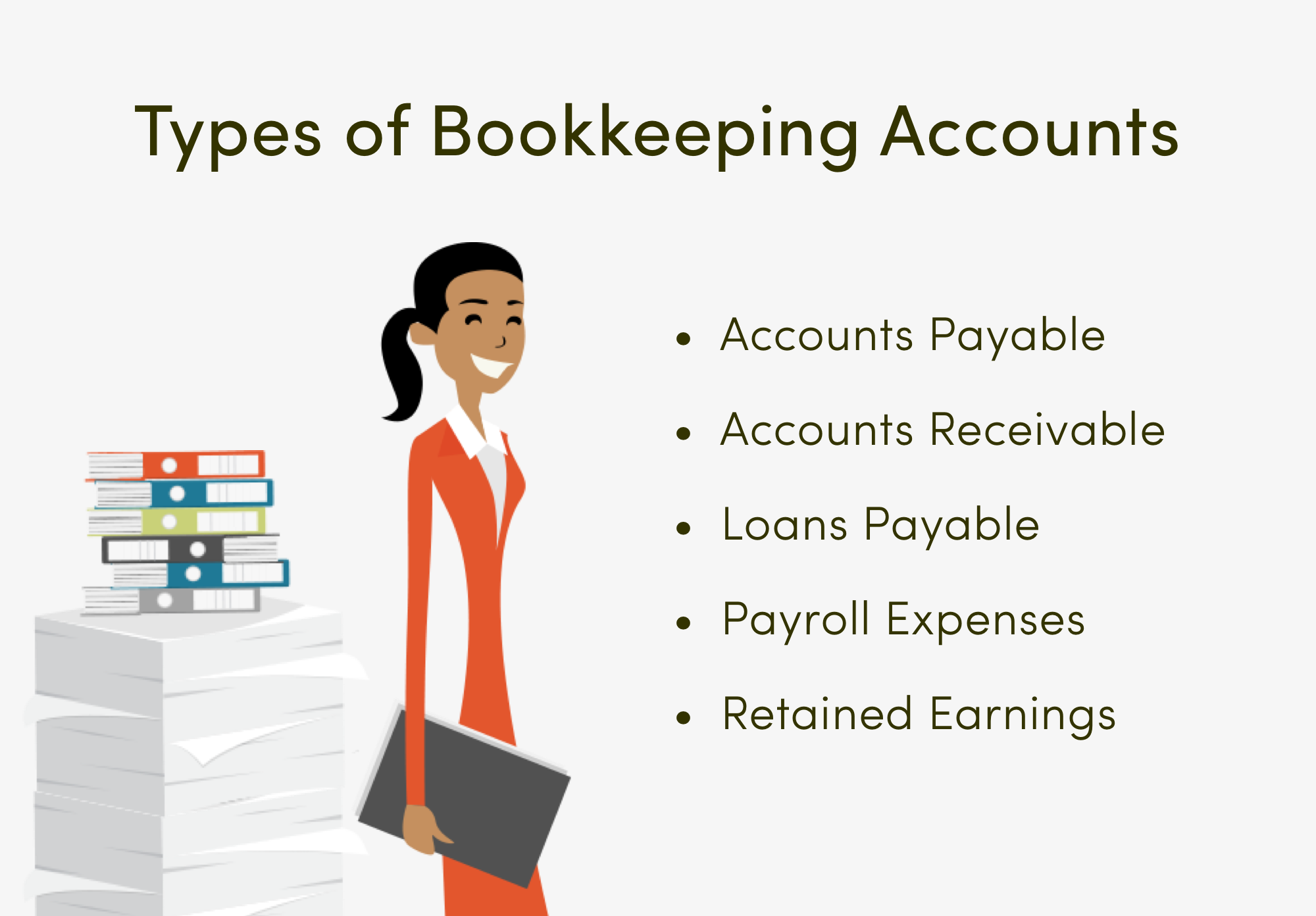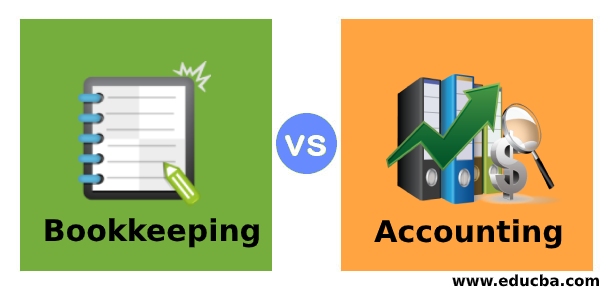

- #Difference between book keeping and accountancy how to#
- #Difference between book keeping and accountancy archive#
- #Difference between book keeping and accountancy software#
- #Difference between book keeping and accountancy professional#
#Difference between book keeping and accountancy software#
For instance, a bookkeeper might recommend the software for a double entry system of accounting, but the accountant would approve it. Overseeing how data is stored, managed and updated. The duties of an accountant can be broken down into four areas: Ensure bookkeeping adheres to accounting best practices and government regulations.Ī bookkeeper also has a duty to keep the information he processes confidential, as he will be privy to sensitive financial information, including payroll salaries.Assist the accountant in the preparation of financial statements (or depending on the type of statements required, prepare them himself).
#Difference between book keeping and accountancy archive#
Maintain records, and backup and archive as necessary.

Verify the accuracy of information and that the accounts balance (if a Double Entry system).Verify recorded expenses are within company’s policies, and manage approvals.
#Difference between book keeping and accountancy how to#
Train staff on the use of relevant bookkeeping software (such as how to enter expenses). Handle banking activities including new deposits. Enter expenses and income into the software, including non-digital methods of payment such as cash and checks. Develop credit and debit accounts, including the assigning of expense categories. Recommend, implement and monitor bookkeeping policies and procedures. Recommend, implement or manage accounting software for the development of a single or double entry system of accounting. Here is a breakdown of the responsibilities typically associated with a bookkeeping role: The duties of a bookkeeper vary, depending on the company. Based on this information, the accountant provides recommendations to management or the company’s owners about spending, tax issues or other financial concerns. The information a bookkeeper is responsible for gathering and managing affects how an accountant will interpret the financial information of the company. Typically, a bookkeeper reports to the accountant.Ī bookkeeper does not require any formal training, however a bookkeeper’s job is important. An accountant has a higher skill set than a bookkeeper, whose primary responsibility is handling the actual recording of the company’s financial transactions.Īn accountant usually has a degree or certification (CPA), and is paid better than a bookkeeper. What Is the Difference Between a Bookkeeper and an Accountant?Īn accountant is in charge of assessing and interpreting the financial data of a company, and for reporting on it. If you need income tax advice please contact an accountant in your area. NOTE: FreshBooks Support team members are not certified income tax or accounting professionals and cannot provide advice in these areas, outside of supporting questions about FreshBooks. What Is the Difference Between a Bookkeeper and an Accountant?Ĭan Bookkeepers Call Themselves Accountants? Bookkeeping is the recording part of this process, in which all of the financial transactions of the business (consisting of income and expenses) are entered into a database. Send invoices, track time, manage payments, and more…from anywhere.Īccounting is the process by where a company’s financials are recorded, summarized, analyzed, consulted and reported on. Pay your employees and keep accurate books with Payroll software integrationsįreshBooks integrates with over 100 partners to help you simplify your workflows Set clear expectations with clients and organize your plans for each projectĬlient management made easy, with client info all in one place Organized and professional, helping you stand out and win new clients Track project status and collaborate with clients and team members Time-saving all-in-one bookkeeping that your business can count on 
Tax time and business health reports keep you informed and tax-time readyĪutomatically track your mileage and never miss a mileage deduction again Reports and tools to track money in and out, so you know where you standĮasily log expenses and receipts to ensure your books are always tax-time ready Quick and easy online, recurring, and invoice-free payment optionsĪutomated, to accurately track time and easily log billable hours
#Difference between book keeping and accountancy professional#
Wow clients with professional invoices that take seconds to create







 0 kommentar(er)
0 kommentar(er)
